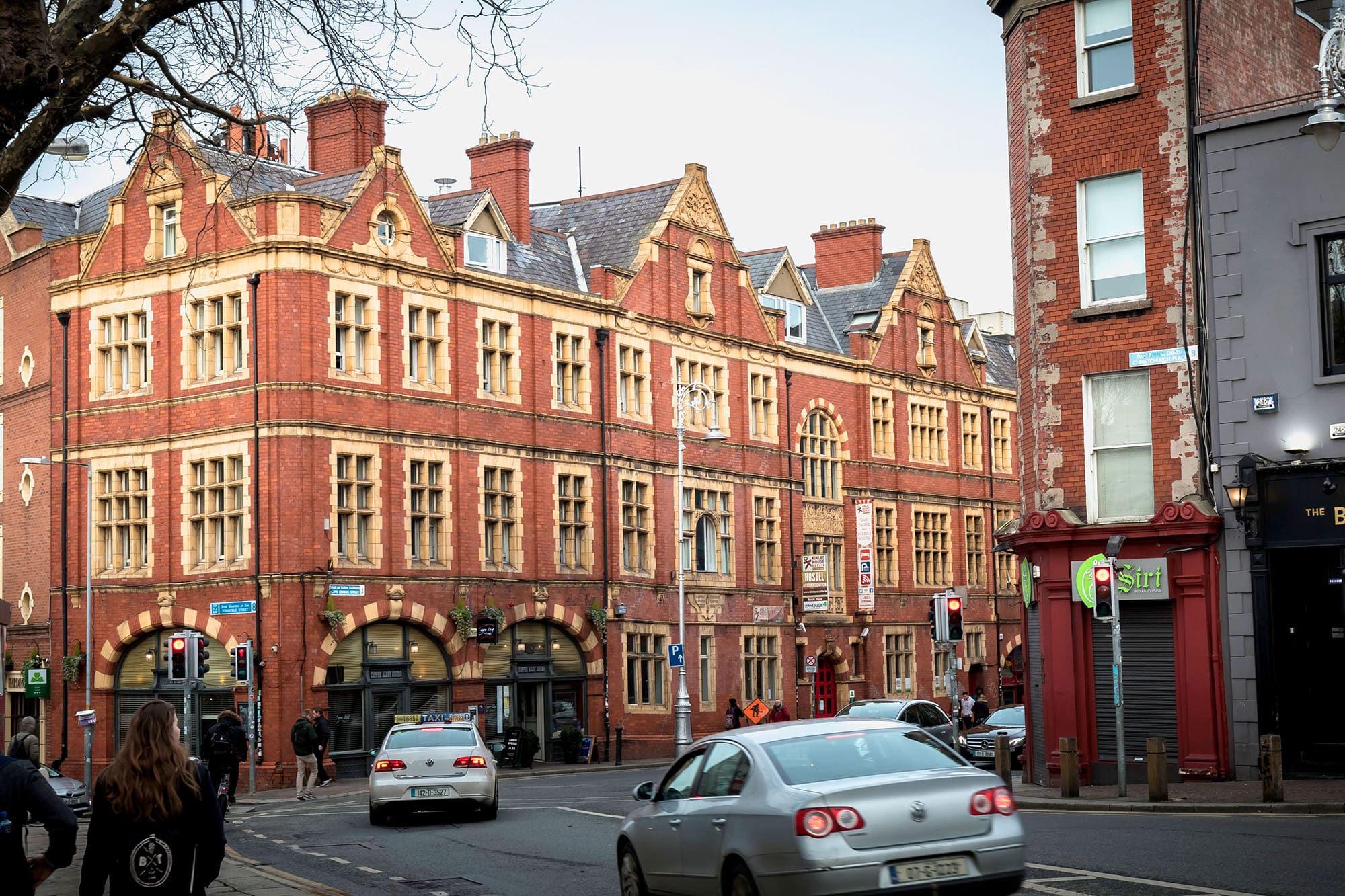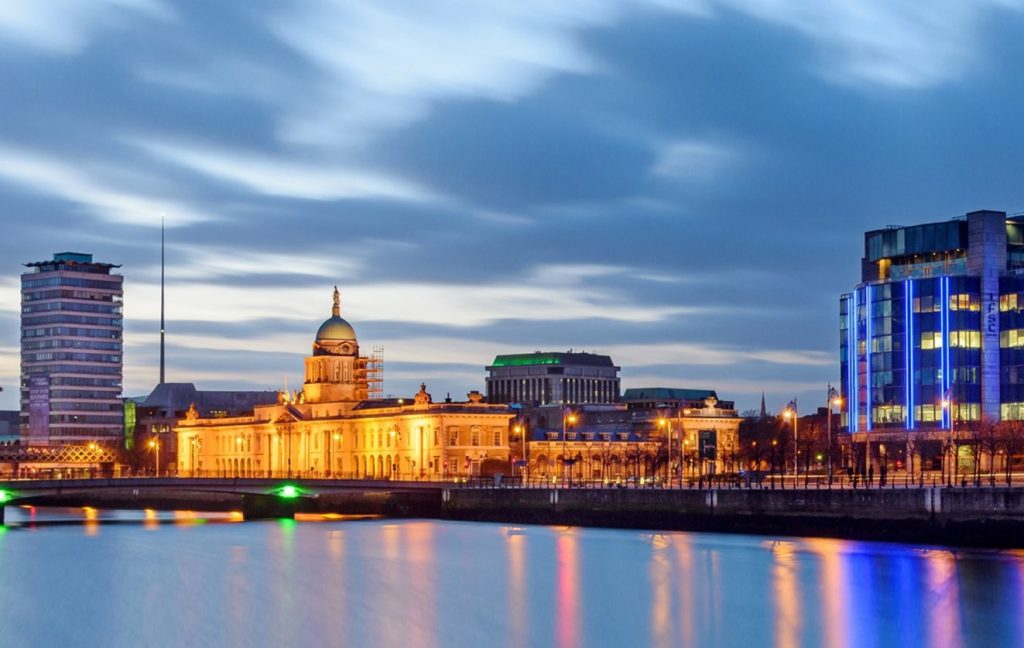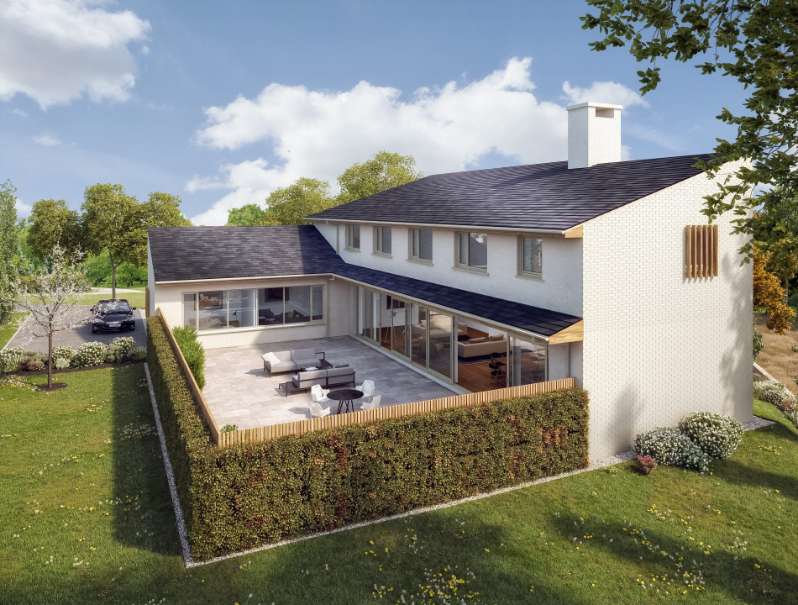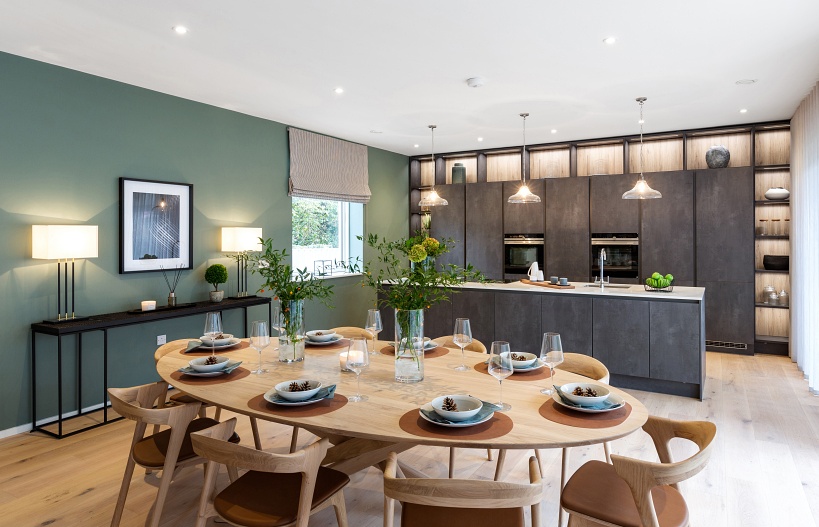As part of the ‘Irish IIP Key Benefits’ article series and following the previous blog about Approval First, Invest Later, in this article, we are going to discuss the scheme’s other advantage – minimal residency requirement.
The Irish Immigrant Investor Programme is a unique and highly sought-after immigration program that provides numerous benefits to those seeking to become Irish citizens. One of the most notable benefits of this program is its minimum residency requirement, which is very rare among English-speaking immigration programs. This residing flexibility not only offers investors an opportunity that they do not have to sacrifice their current lifestyle or uproot their families, but it also means that investors will be able to plan ahead and minimise their tax liabilities.
IIP a rare RBI programme
The last couple of years have been quite eventful, causing more uncertainties in the world. Investors and HNWIs across the world are seeking out second residencies that offer them and their families peace of mind while dealing with uncertainties. This has led to unprecedented interest in the Residency/Citizenship by Investment (RCBI) industry worldwide.
Ireland’s decade-old IIP soared in popularity in 2022, with record applications numbering more than 1,000 from across the world, more than twice the annual record set in 2019. As one of the largest Irish immigration IIP fundraisers, Bartra was involved in roughly 25% of the total Irish IIP applications.


One of the notable advantages of IIP is that the scheme requires that investors only reside in Ireland for one day per year for the first five years. The successful investor and his or her family will be granted a ‘Stamp 4’ status visa (equivalent to a Permanent Residency status) and family members will be benefited from their own permission to work, study or establish a business in Ireland as they wish, or they can hold their PR status without having to actually reside in Ireland. This freedom to effectively come and go as they like, makes the IIP stand out from all other immigration routes available to persons wishing to establish ties to Ireland. For those investors who choose to live in Ireland for 5 years, they may then be eligible to apply for citizenship by naturalisation. The Irish passport is widely recognised as one of the most valuable for those travelling internationally, and it is the only passport that allows citizens to travel, live and work in Europe and the UK.
In addition to its minimal residency requirement, IIP offers some investment options that are capital protected investments and they are also passive investments, which means the initial capital of investors will be repaid to investors at its maturity and investors do not have to manage or operate their investments. This is another major advantage of IIP for those who are looking for a safe and secure investment opportunity. It is also hassle-free at the same time as it requires minimal time and effort.
Tax planning
Because of IIP’s minimal residency requirement, investors who stay in Ireland for less than 183 days or more in a tax year, are not considered taxable residents with no tax liabilities, such as no income tax for foreign-soured income, no inheritance tax and no capital gain tax. Investors and their families can decide themselves whether to become tax residents in Ireland depending on their situation.
Furthermore, the remittance basis of tax is another favourable tax treaty to people coming into Ireland if non-domiciled. If not an Irish national, then any investment income is only taxable if that goes into Ireland. There are very few countries that offer this favourable tax treatment.


We previously discussed some tax scenarios (also compared taxes between Ireland and UK), and provided many practical tips, click to read the article to learn more about the tax issues where we interviewed KPMG.
Conclusion
After all, the Irish Immigrant Investor Programme (IIP) is a unique and highly sought-after immigration program that offers numerous benefits to those seeking Irish residency and creating a pathway to becoming an Irish citizen. From its minimal residency requirement to its capital protection, passive investment options and tax planning benefits, the IIP provides a wealth of opportunities for investors looking to expand their horizons and take advantage of all the benefits that Ireland has to offer.
Whether you are looking to secure a better future for yourself and your family, or simply enjoy the many benefits of Irish PR, the Irish Immigrant Investor Programme (IIP) is the perfect choice for you. So why wait? Start your IIP journey now with Bartra today and take the first step towards a better future.
Click here to learn more about the IIP or to contact us.
Note: Bartra only have a small number of available slots for the IIP-approved investment projects.
-拷贝.jpg)



